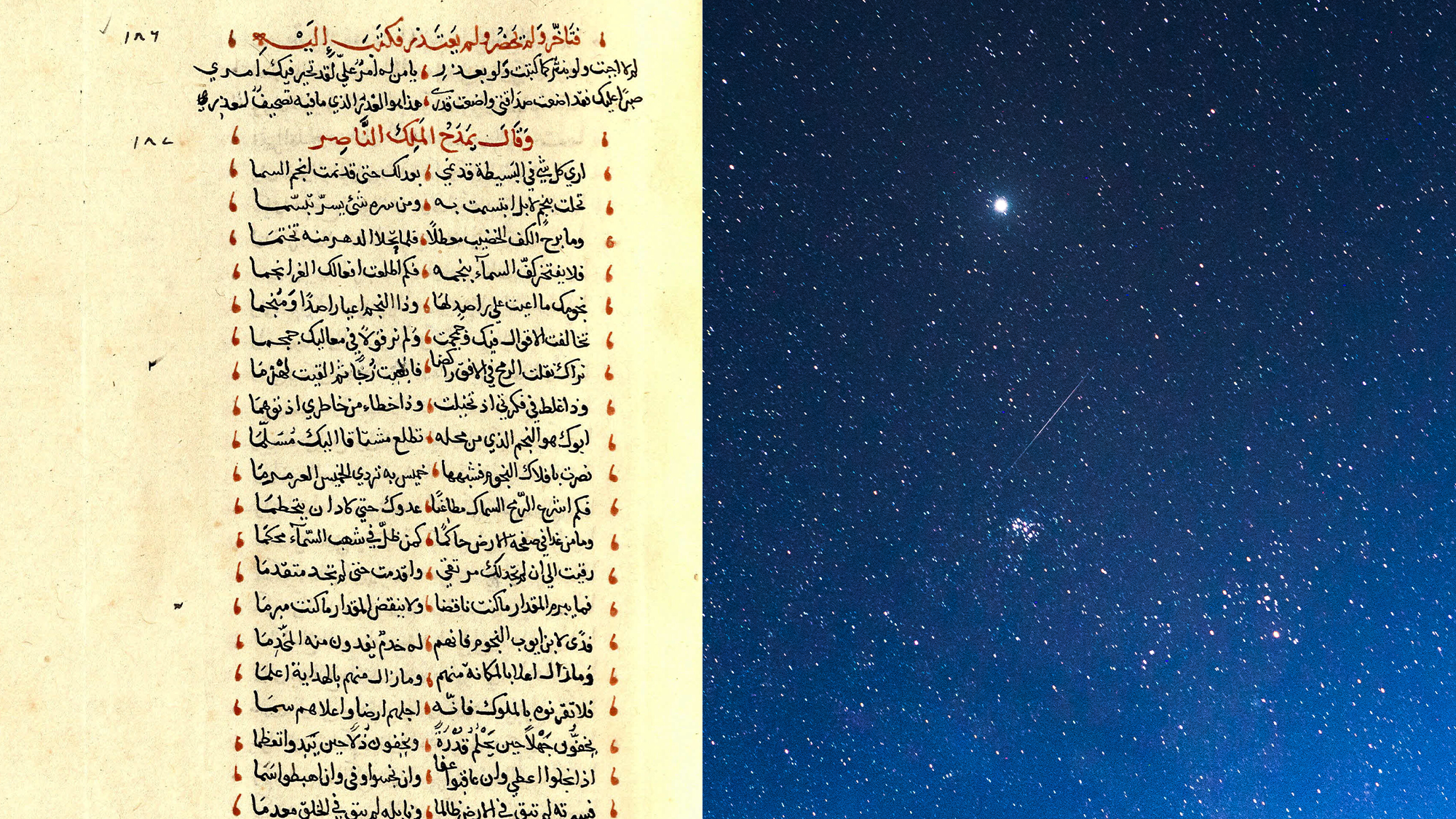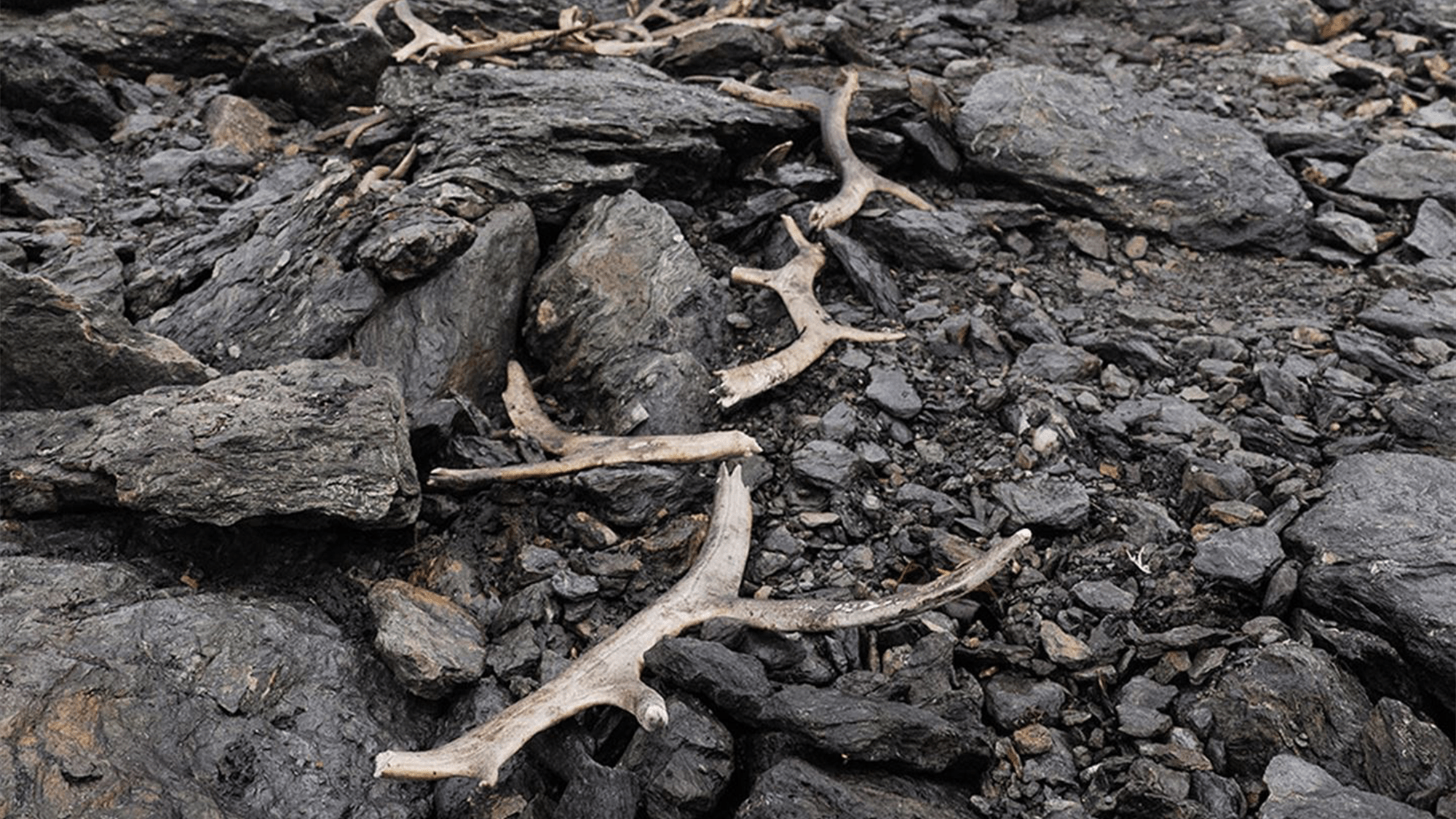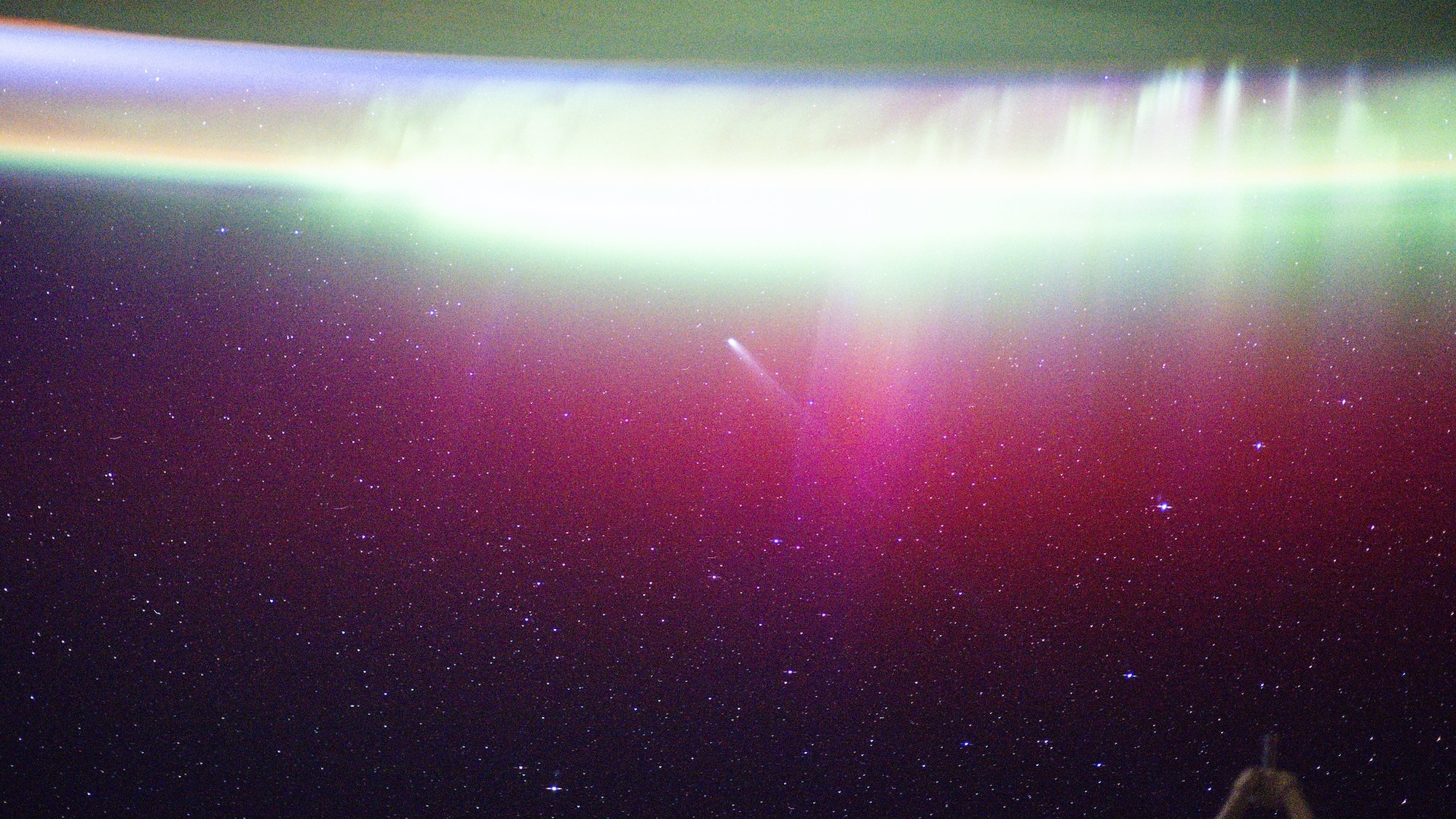Medieval Arabic texts help researchers track down explosive star deaths
PositiveScience

- In 1181, scholars from Egypt, China, and Japan documented a significant cosmic explosion, contributing to the understanding of explosive star deaths. This historical record has been pivotal for researchers studying supernovae and their impacts on the universe.
- The documentation of this cosmic event highlights the importance of cross-cultural scholarly collaboration in the medieval period, showcasing how ancient texts can provide valuable insights into astronomical phenomena and enhance modern scientific research.
— via World Pulse Now AI Editorial System


